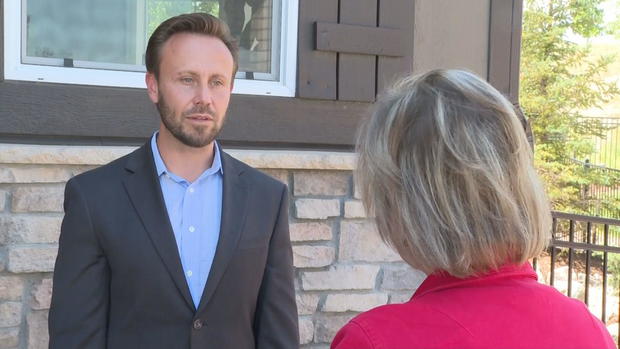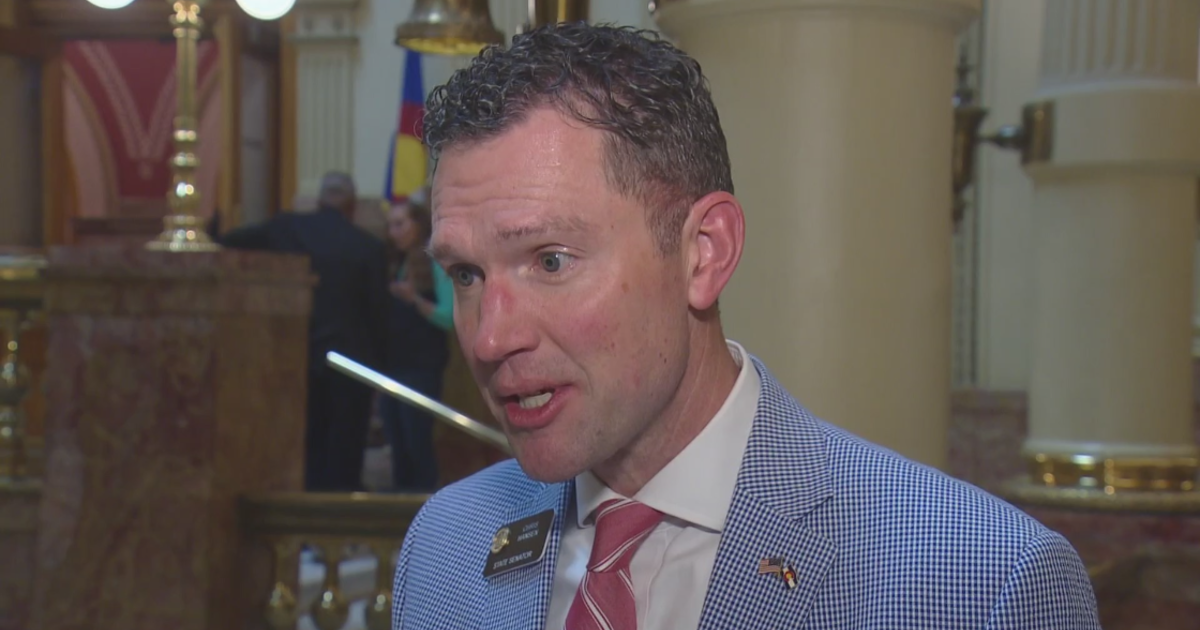City councilman takes action after learning Aurora is 'taxing taxes'
As inflation soars to 9.1% and the cost of living hits a record high in Colorado, the last thing anyone needs is higher fees on top of higher prices, but that is what happened this month when a new state law took effect. It includes millions of dollars in new fees to fund transportation projects, including a first-in-the-country delivery fee. It adds 27 cents to the cost of anything you get delivered, but it doesn't end there.
At a meeting of the legislative Tax Simplification Committee Wednesday, lawmakers learned some cities are taxing the delivery fee and other fees which, Senator Kevin Van Winkle said, is like taxing a tax.
"It's frankly shocking to hear there are cities like Denver and Aurora who could tax a tax," said Van Winkle.
Not only could they do so in Aurora, but they are also taxing fees.
"However you look at it it's double taxation and it needs to stop in Aurora," said City Councilman Dustin Zvonek, who is drafting an ordinance to do just that.
He says he just found out Aurora taxes fees and has asked the city's Tax and Licensing Division how many fees it taxes and how much money that generates.
"At the end of the day, it's consumers who pay more as a result of taxes and fees," said Zvonek.
The delivery fee is adjusted to inflation each year so it will almost certainly increase next year. The Colorado Municipal League is trying to get a handle on how many cities besides Aurora are taxing the delivery fee and other fees. It says 69 cities, including Denver, Colorado Springs, Fort Collins and Boulder, self-collect local taxes like Aurora.
Michael Fields, head of the conservative think tank Advance Colorado Institute, is suing the state to stop all of the fees in the new law. He says the law and fees are unconstitutional under the Taxpayer Bill of Rights and Proposition 117, which requires large fees to be approved by voters.
"People wanted to vote on big fee increases and they're not getting the chance with the biggest fee increase in history," says Fields.
The legislature delayed one of the fees in the new law - a two-cent fee on a gallon of gas - at the request of Governor Polis. Fields says that's not enough.
"If the Governor is going to say two cents is a big deal then 27 or 30 cents is a much bigger deal," said Fields.
A spokesperson for the Governor released a statement saying:
"While Governor Polis was on the record seeking a gas tax reduction as a top priority in this bill, he was able to get a major vehicle registration fee reduction that saves Coloradans money."
Fields says the small savings in car registrations pales in comparison to the $5.2 billion in new revenue that's generated by the law.
A study by Common Sense Institute found there are now more than $27 billion in state fees in Colorado, which equates to $4,600 per Coloradan, per year.





